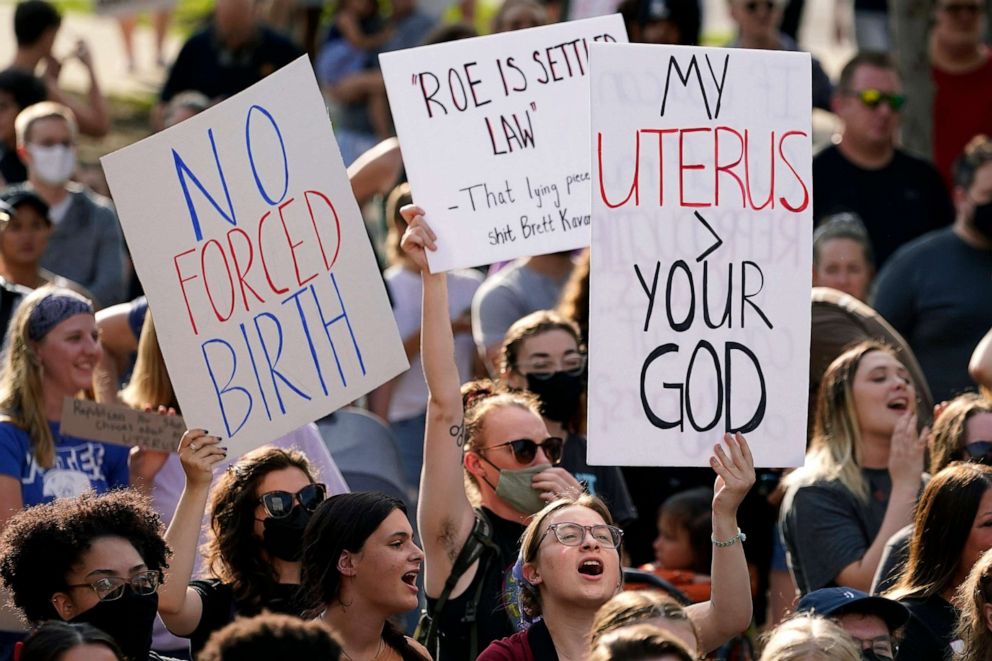Iowa House and Senate Successfully Approve 6-Week Abortion Ban, Advancing Bill to Governor’s Desk
In a significant development, the Iowa House and Senate have successfully passed a bill that would ban most abortions in the state after just six weeks of pregnancy. The legislation, known as Senate File 359, has now been advanced to the desk of Governor Kim Reynolds, who is expected to sign it into law. This move has sparked intense debate and controversy across the state and the nation.
The bill, commonly referred to as the “heartbeat bill,” prohibits doctors from performing abortions once a fetal heartbeat is detected, which typically occurs around six weeks into pregnancy. Exceptions are only allowed in cases where the mother’s life is at risk or if the pregnancy is a result of rape or incest. However, critics argue that this restrictive time frame effectively bans most abortions, as many women are unaware of their pregnancy at such an early stage.
Supporters of the bill argue that it is a crucial step towards protecting the rights of the unborn. They believe that a fetal heartbeat signifies the presence of a living being with its own rights, and therefore, abortion should be restricted. Proponents also argue that advances in medical technology have made it possible to detect a fetal heartbeat earlier than ever before, making it necessary to update existing abortion laws.
Opponents of the bill, on the other hand, argue that it infringes upon a woman’s right to choose and restricts access to safe and legal abortions. They argue that six weeks is an unreasonably short timeframe for women to make a decision about their pregnancy, especially considering that many women may not even be aware they are pregnant at that stage. Critics also claim that such restrictive legislation disproportionately affects low-income women and those living in rural areas who may face barriers in accessing healthcare services.
The passage of this bill in Iowa comes at a time when several other states have also enacted or proposed similar legislation. The aim of these bills is to challenge the landmark Supreme Court decision in Roe v. Wade, which legalized abortion nationwide in 1973. Proponents of the heartbeat bills hope that they will lead to legal challenges that eventually reach the Supreme Court, where they believe the conservative majority may be more inclined to overturn or restrict Roe v. Wade.
It is important to note that the implementation of this law is likely to face legal challenges. Similar heartbeat bills have been struck down by courts in other states, with judges ruling that they are unconstitutional. Critics argue that these bills directly contradict the precedent set by Roe v. Wade, which guarantees a woman’s right to choose an abortion until the fetus is viable outside the womb, usually around 24 weeks.
The passage of the Iowa heartbeat bill has ignited passionate debates on both sides of the abortion issue. Proponents celebrate it as a victory for the rights of the unborn, while opponents view it as an attack on women’s reproductive rights. As this legislation heads to Governor Reynolds’ desk, all eyes are on Iowa to see how this controversial bill will shape the future of abortion rights in the state and potentially impact the national conversation surrounding reproductive healthcare.



